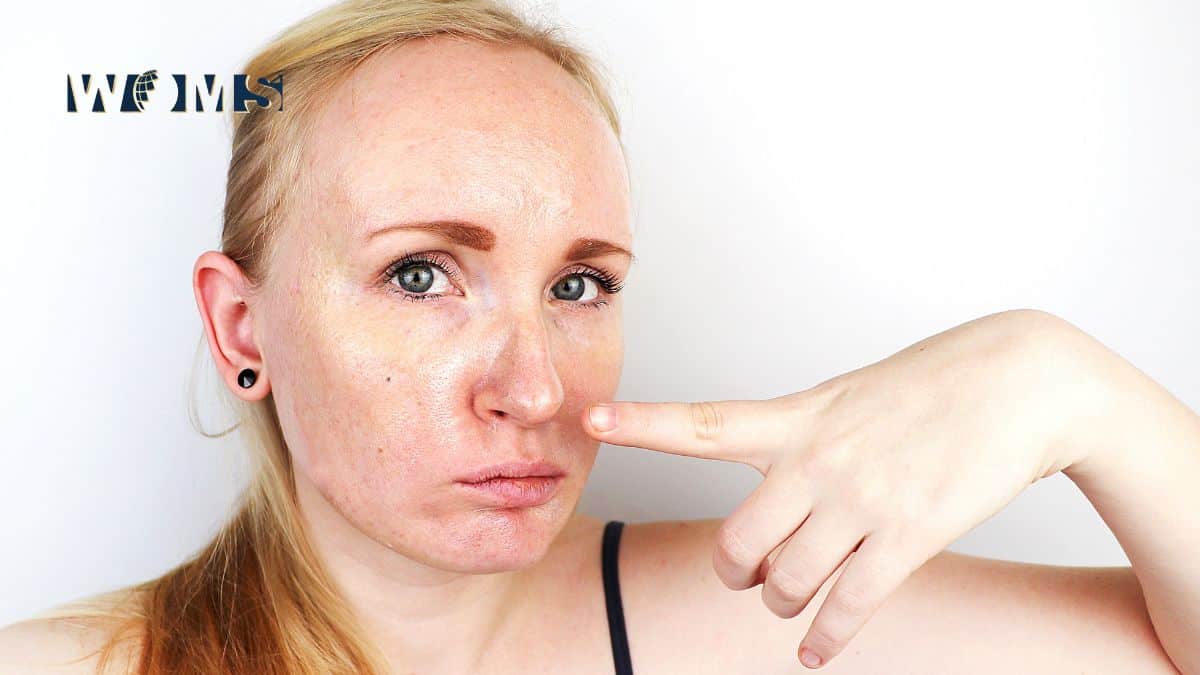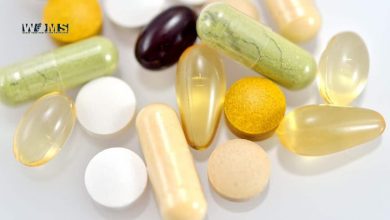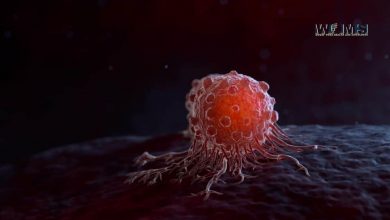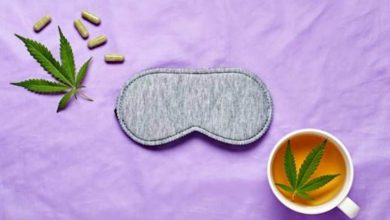Oily skin? You still need hydration, here’s why…

It’s not uncommon to hear many people being envious about how those with oily skin don’t need to go through the efforts others have to to have glistening skin. However, whilst oily skin may usually look better than dry skin, oil is not hydration, so oily skin still needs some form of hydration.
Oily Skin does not give your body the same benefits as proper hydration.
Whereas oily skin gives off the same look as properly moisturised skin, it’s not at all the same. The look comes from natural sebum oil that your body produces, an oil that provides several benefits to the body, such as trapping moisture in place. However, people who produce too much body oil may find that it overrides its intended functions and actually begin to cause problems for your skin, such as clogged pores or even an acne breakout.
Debbie Thomas, skin and laser expert at D.Thomas Clinic, says the following on the subject: “While it’s important that your skin produces oil to help preserve it, overactive production can leave you with blocked pores, a shiny complexion and leaves you prone to acne.”
In fact, people suffering from too much oil production are likely only doing so because of their lack of hydration, as this sometimes happens as a measure to compensate. As such, not only is hydration the cure to your oily skin problems, but it will give your skin the following benefits.
Skin Barrier
Your skin barrier is responsible for protecting your skin against the threats entering the body. Examples include harmful bacteria, fungi and viral infections. It does this through its acidic content, which kills these harmful elements before they can penetrate the skin. It also retains the moisture in your skin by preventing transepidermal water loss. On top of that, the skin barrier is also what is responsible for your sense of touch. Hydration boosts each of these areas and keeps your skin functioning optimally.
Elasticity
Your skin’s elasticity is its ability to stretch and return to its original shape without damage. Part of what determines the elasticity of your skin is the quality and quantity of structural proteins in your skin, which are collagen (which provides strength) and elastin (which provides elasticity). Without hydration, both of these proteins slowly degrade, making your skin more wrinkly and saggy. Hydration also provides molecules in your skin with water, which are able to hold up to 100 times its weight in water. Over time, these molecules (named GAGs and proteoglycans) slowly release the water over time.
Cell Regeneration
Hydrating your skin increases the circulation of moisture across your skin, as well as oxygen and nutrients. All three are crucial in regenerating new skin cells, as your skin cells all have a life expectancy. On top of that, hydration helps your lymphatic system, which is responsible for the removal of waste from your skin, such as dead skin cells, toxins and debris.
Inflammation
Proper hydration helps your blood’s volume and thickness, which are both major factors in blood circulation. Having your blood full of nutrients, but also being able to flow efficiently, means that your blood can transport healing properties to inflamed areas of your skin quickly. Water also improves cellular metabolism, which is responsible for creating cells that have a wide range of uses and properties, including inflammation.
Temperature
Hydration allows your skin to properly regulate its own temperature. It does this through two ways. The first is sweating. Sweat is primarily composed of water from your body, which is of course intaken through your mouth. Then, when your body gets too hot, the water is pushed through the pores in your skin to cool down your body. The second is through blood flow. More blood flows near the skin’s surface when your body detects the area is getting too hot, and then it takes the hotter blood to areas of your body that are lower in temperature. Through this process, which is called Vasodilation, your body can prevent certain areas of your body from overloading with heat, and instead even it out across your body.
How to hydrate oily skin
Whilst intaking water will help hydrate your skin, it sometimes isn’t enough if you’ve been suffering from oil excess.
However, in this modern age there are fairly simple, inexpensive procedures that can offset the oily skin and keep it hydrated. One of those ways is to buy a gentle, water-soluble cleanser. Many of them are actually specifically manufactured to combat oily skin. Make sure they’re non abrasive, however, as you may scrape the oil away, which isn’t the answer considering its vital nature. After the cleanser, you’d be best to apply a water-based moisturizer. Opt for something that’s lightweight and non-comedogenic, so as not to clog the pores of your skin.
If you still find yourself having trouble, try exfoliating your skin twice a week using a chemical exfoliant.




